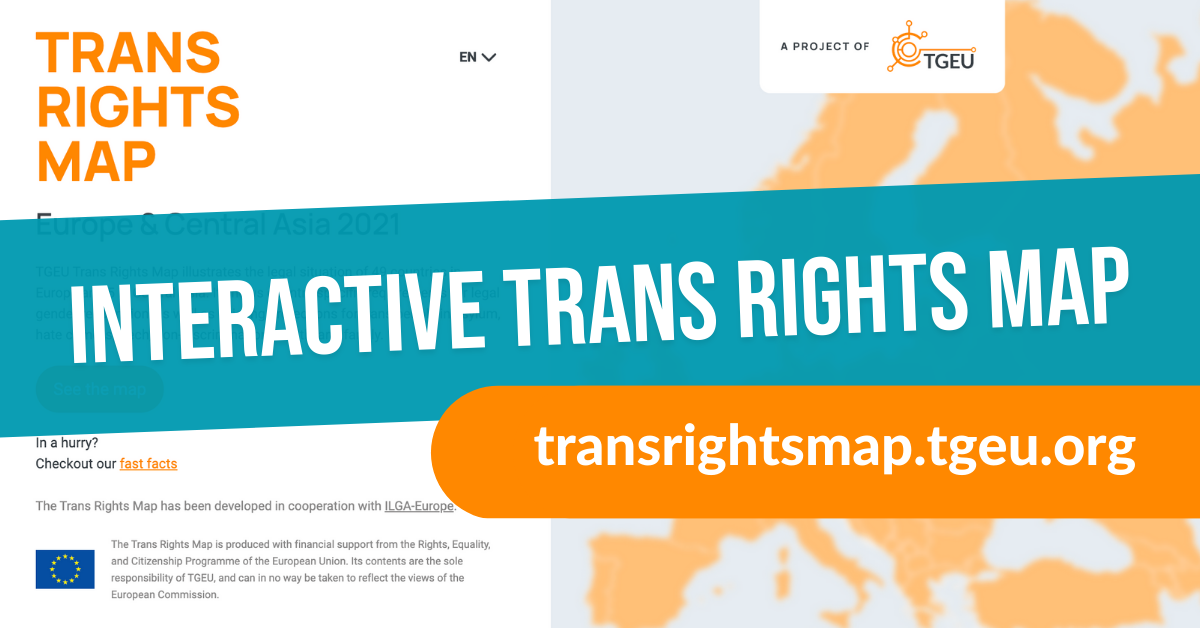Trans rights are under attack across the world. As progressives, we should be defending the rights of the most vulnerable, including trans people.
But as I learned when I hosted a debate with DiEM25 last week on trans activism, there are differences in the progressive sphere on this issue. These differences hold back advances on trans rights more generally.
Some of these differences relate to policy, and can be worked out through debate. But the vast majority of them relate to tactics, and to the divisive nature of the conversation around this topic.
So here are four steps I think progressives could take. To revise their tactics, win over more people to the cause, and uphold trans rights.
1. Treat it as a human rights issue
Gender theory, which holds that gender is a social construct, has become a cornerstone of the discourse around trans rights.
But this focus often alienates regular people – those who are neither against nor familiar with the theory.
The good news is that a person doesn’t need to get into gender theory to accept that inviduals can change their gender and deserve legal rights.
Therefore, shifting focus from gender ideology to an emphasis on basic human rights might be a more compelling approach. Specifically, framing trans rights as a battle for material gains. TGEU’s rights map is a good place to start.

2. Emphasise shared humanity over division
Current discussions around trans rights tend to focus on extreme images and narratives, which often disconnects audiences from trans experiences.
More exposure to the mundane aspects of trans life could resonate better with a broader audience. For example, showing how trans people, like anyone else, struggle with everyday tasks – like using public bathrooms or finding a job – could evoke more empathy and understanding.
3. Demonstrate acceptance to receive acceptance
Labelling people with genuine questions or concerns as bigots, doesn’t advance the cause.
It’s essential to create a safe environment where people can ask questions without fear of judgment. Especially around issues that still need to be worked out: like sports, prisons, and same-sex spaces.
Furthermore, recognising the spectrum of biases that are present in all of us – from unconscious to violent – could allow for better engagement and dialogue.
4. Acknowledge overreach
Overreach can occur on all sides of an issue. Acknowledging this can help create a more balanced conversation. Activists should be aware of when they're pushing too far or too fast, risking a backlash that could result in a rollback of hard-won rights.
It's important to call out excesses from conservatives, that reverse progress on trans rights. But it’s equally vital to highlight publicly when actions or rhetoric from progressive activists or institutions, even if well-intentioned, may alienate potential allies and harm the cause.
Regular people – not the hardline conservatives – are the target audience. It's essential to understand their perspectives and address their concerns, without resorting to academic jargon or charged language. Positive stories, everyday experiences, and common humanity should be the focus.
The fight for trans rights needs a more inclusive, empathetic and radically strategic approach. If we want a progressive society, we must ensure that all individuals, including trans people, are treated with equal respect and dignity.
This is our fight. So let’s adapt our tactics to win.



